Part 1 Foundation of the Teaching-Learning Process: The Role of the Early Childhood Educator
CHAPTER 1: Early Childhood Education as a Career
CHAPTER 2: First Things First: Health and Safety Through Observation and Supervision
CHAPTER 3: Communicating with Young Children
CHAPTER 4: Facilitating Young Children’s Work and Play
CHAPTER 5: Guiding Young Children’s Behavior
CHAPTER 6: The Teacher as Model
CHAPTER 7: Modeling Adult Relationships in Early Childhood Settings
Part 2 Foundations in Supporting Development and Learning
CHAPTER 8: Setting Up the Physical Environment
CHAPTER 9: Creating a Social-Emotional Environment
CHAPTER 10: Routines
CHAPTER 11: Developmental Tasks as the Curriculum: How to Support Children at Each Stage
CHAPTER 12: Observing, Recording, and Assessing
Part 3 Planning for Learning and Development by Enhancing Children’s Curiosity, Joy, and Sense of Wonder
CHAPTER 13: Enhancing Children’s Learning and Development Through Language and Emergent Literacy
CHAPTER 14: Fostering Joy in Developmentally Appropriate Experiences in Math and Science
CHAPTER 15: Integrating Art, Music, and Social Studies into a Holistic Curriculum
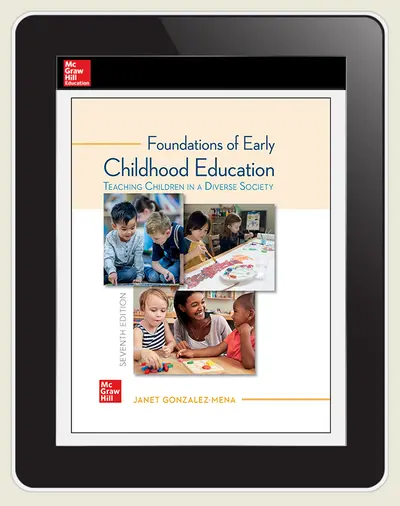




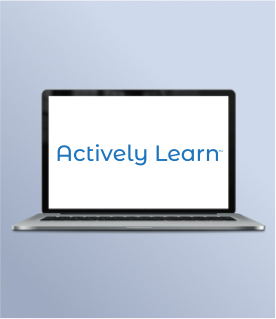









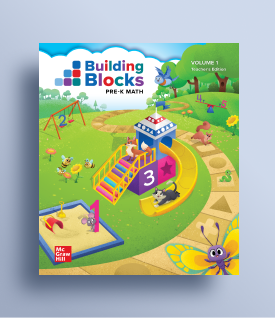

















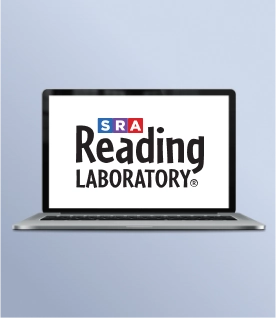













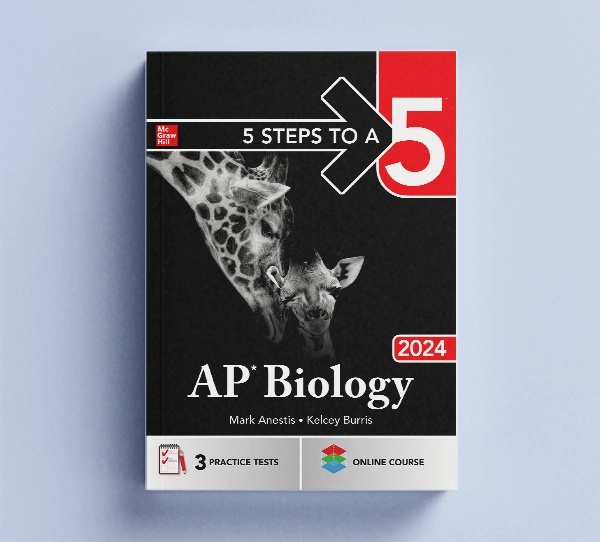
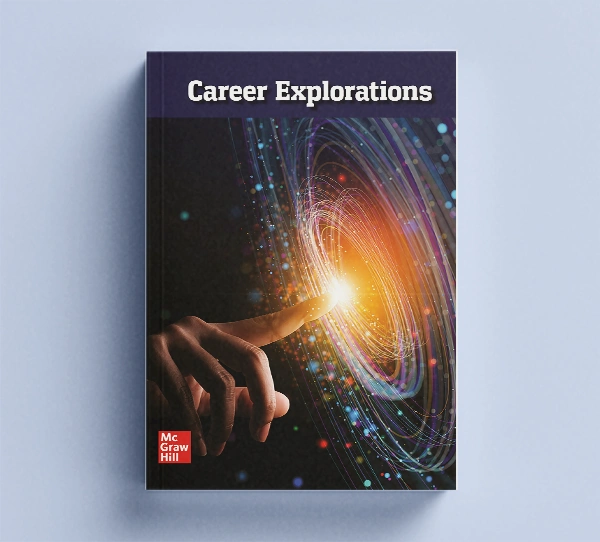


Social Studies
View all Social Studies Programs
IMPACT (K–5)
Actively Learn (3–12)
New Social Studies (6–12)
Networks (6–12)